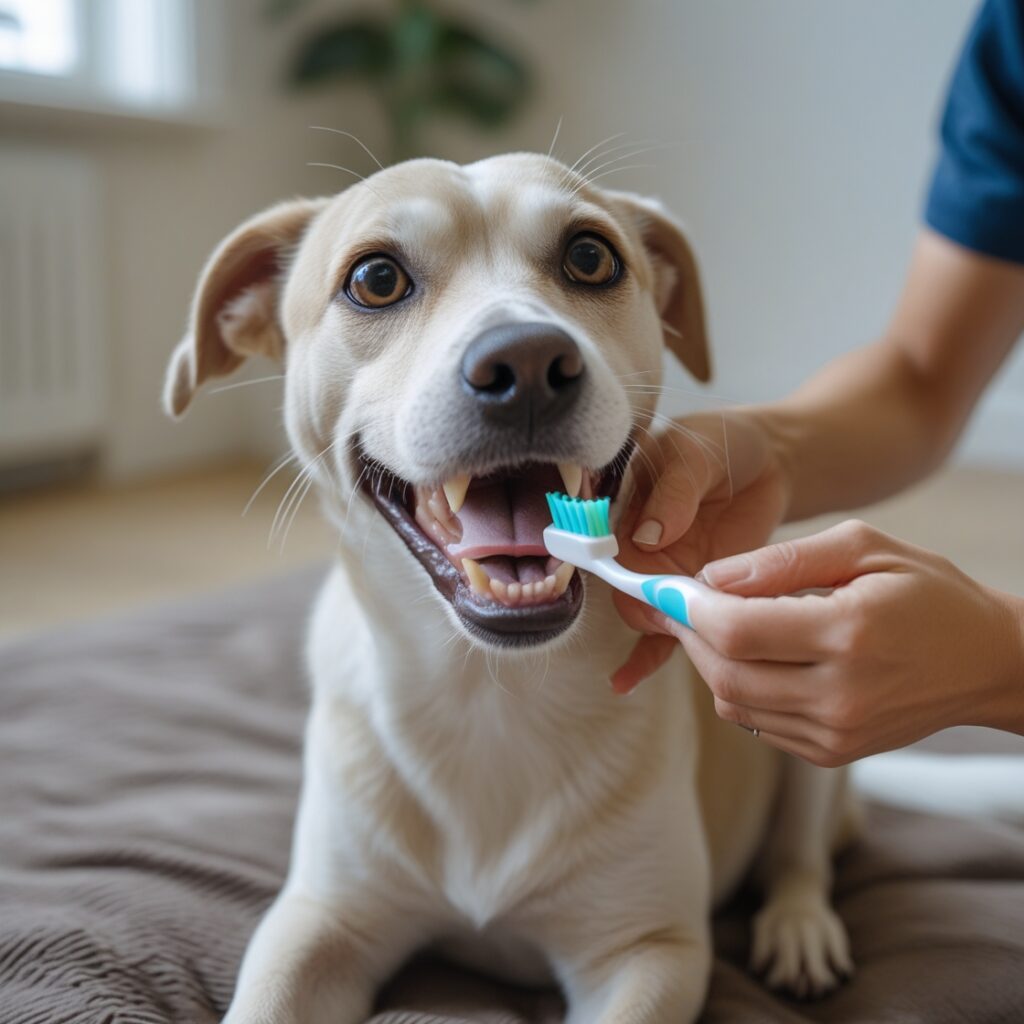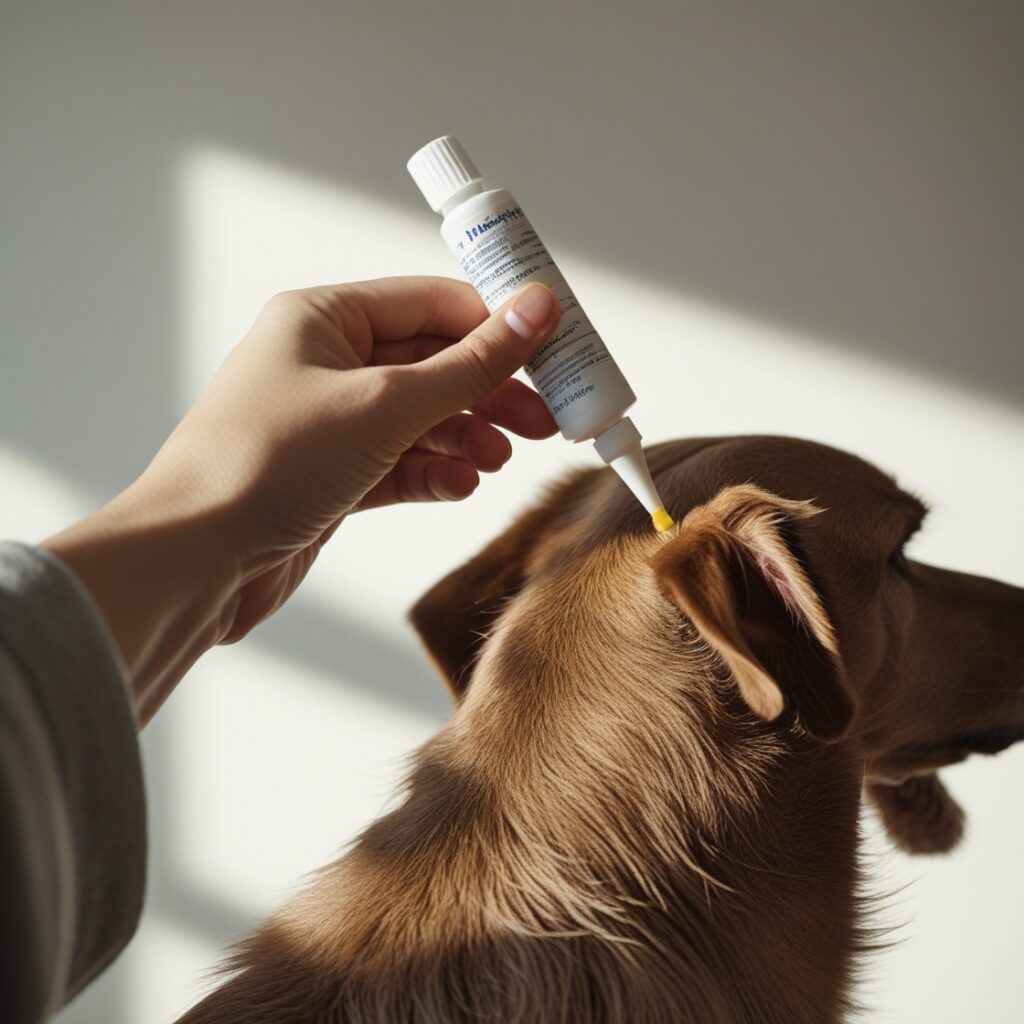Caring for a pet is one of life’s greatest joys—but it also comes with a lot of responsibility. Whether you’re a first-time pet parent or a seasoned owner, it’s easy to fall into habits that seem harmless but could negatively affect your furry friend’s health and well-being. In this comprehensive guide, we’ll explore the top 10 most common pet care mistakes—and more importantly, how you can avoid them.
1. Skipping Regular Veterinary Check-Ups

Mistake: Many pet owners only take their animals to the vet when they’re visibly sick. However, regular veterinary visits are essential, even when your pet seems perfectly healthy.
Why It Matters: Preventative care helps catch health issues early—sometimes before symptoms appear. Annual or bi-annual check-ups, vaccinations, and screenings can significantly extend your pet’s lifespan and quality of life.
How to Avoid It: Schedule routine check-ups every 6 to 12 months depending on your pet’s age and health status. Keep vaccination records up to date and consider pet insurance to offset costs.
2. Improper Feeding Habits
Mistake: Overfeeding, feeding table scraps, or not providing a balanced diet are all too common.
Why It Matters: Obesity is a leading cause of chronic illness in pets. Nutritional imbalances can lead to poor skin, weak bones, and organ issues.
How to Avoid It: Consult your vet about the best food for your pet’s breed, size, and age. Stick to recommended portions and avoid human food unless approved.

3. Neglecting Dental Care
Mistake: Ignoring your pet’s oral health is a silent but significant danger.
Why It Matters: Dental disease affects more than 80% of dogs and 70% of cats by age three. It can lead to pain, tooth loss, and infections that spread to vital organs.
How to Avoid It: Brush your pet’s teeth several times a week with pet-safe toothpaste. Provide dental chews and schedule professional cleanings as recommended.

4. Lack of Physical and Mental Stimulation
Mistake: Leaving pets alone for long periods without exercise or stimulation.
Why It Matters: Pets, especially dogs, need regular mental and physical activity to stay healthy and well-behaved. Boredom can lead to destructive behaviors and anxiety.
How to Avoid It: Schedule daily playtime, walks, and enrichment activities. Puzzle toys, treat-dispensing games, and training sessions work wonders.
5. Inadequate Grooming
Mistake: Waiting too long between grooming sessions or ignoring grooming altogether.
Why It Matters: Grooming isn’t just about aesthetics—it helps prevent skin infections, matting, and parasites, while allowing early detection of abnormalities like lumps or ticks.
How to Avoid It: Establish a grooming routine based on your pet’s breed and coat type. Brush regularly, bathe when necessary, and trim nails monthly.

6. Ignoring Behavioral Training
Mistake: Believing your pet will “grow out” of bad behaviors without guidance.
Why It Matters: Poor behavior can cause stress for both you and your pet. It may also lead to relinquishment or safety concerns.
How to Avoid It: Begin training early using positive reinforcement methods. Consistency is key. For difficult issues, consult a certified trainer or behaviorist.
7. Not Providing a Safe Environment
Mistake: Failing to pet-proof your home or yard.
Why It Matters: Pets are naturally curious. Unsafe environments expose them to risks like poisoning, choking hazards, or escape.
How to Avoid It: Secure cords, trash cans, medications, and small objects. Use baby gates or enclosures to block off dangerous areas. In your yard, ensure fences are secure and there are no toxic plants.
8. Delaying Parasite Prevention
Mistake: Skipping or delaying flea, tick, and heartworm prevention.
Why It Matters: Parasites can cause everything from mild skin irritation to deadly diseases. Prevention is always easier and cheaper than treatment.
How to Avoid It: Use vet-approved preventatives year-round. Remember, indoor pets are not immune to parasites.

9. Failing to Update Identification
Mistake: Relying on collars alone or forgetting to update microchip information.
Why It Matters: Pets can escape, and without proper ID, their chances of getting back home drop dramatically.
How to Avoid It: Ensure your pet wears a tag with your current contact info. Register their microchip and update the information if you move or change phone numbers.
10. Overlooking the Importance of Routine
Mistake: Having an inconsistent schedule for feeding, walks, and sleep.
Why It Matters: Pets thrive on routine. It helps regulate their digestion, behavior, and stress levels.
How to Avoid It: Try to keep feeding, potty breaks, exercise, and sleep times consistent—even on weekends.
Final Thoughts: Be a Proactive Pet Parent
Being a great pet parent isn’t about being perfect—it’s about staying informed, being consistent, and adjusting your habits as needed. Avoiding these common pet care mistakes can lead to a happier, healthier life for your furry family member. Remember, the effort you put into daily care pays off in unconditional love and companionship.



